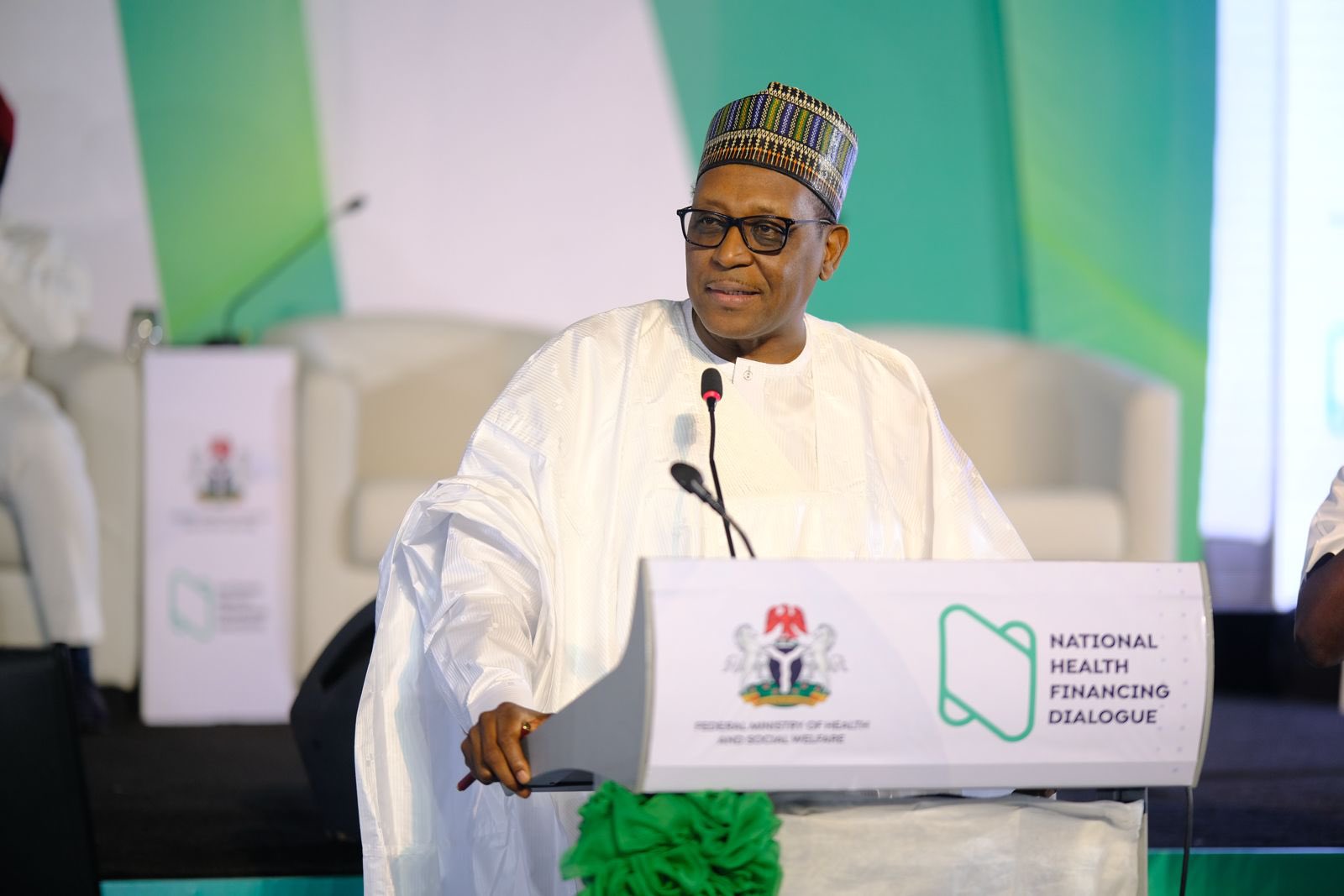The National Health Insurance Authority (NHIA) has intensified efforts to ensure full implementation of mandatory health insurance across the country, aiming to reduce out-of-pocket health expenses, boost compliance, raise public awareness, and rebuild trust in the healthcare system.
To achieve this, the authority has opened discussions with key regulatory agencies, including the National Pension Commission (PenCom), the Bureau of Public Enterprises (BPE), and others, to ensure that all organisations with five or more employees in both the public and private sectors provide health insurance for their staff.
When fully implemented, organisations that fail to comply may be unable to execute government contracts or business transactions without presenting valid health insurance certificates for their employees.
The Director of the Formal Sector Department, Mr Ajodi Nuhu, told The Guardian that there is already a presidential pronouncement and circular mandating the enforcement of compulsory health insurance across all sectors.
He emphasised the need for innovative strategies to expand coverage and improve healthcare quality nationwide. “We are working with regulatory agencies like PenCom and BPE to ensure compliance because they also deal directly with Nigerians,” Nuhu said. “We are firming up collaborations through memoranda of understanding to ensure clear responsibilities and avoid confusion in implementation.”
Speaking during a workshop for self-paying agencies in Abuja, Nuhu explained that the NHIA Act 2022, which repealed the former National Health Insurance Scheme (NHIS) law, has made health insurance compulsory for all Nigerians.
For vulnerable groups in the informal sector who cannot afford premiums, he said the government has made provisions through the Basic Healthcare Provision Fund (BHCPF) to ensure access to essential services. The government, he added, remains committed to expanding coverage to reduce the financial burden of healthcare on citizens.
Nuhu revealed that Nigeria’s health insurance coverage has grown significantly, with over 21.1 million Nigerians enrolled as of August 2025, a major leap from years of stagnation.
“Before the new Act, health insurance coverage had remained stagnant for nearly two decades at about seven per cent,” he said. “But with the presidential directive and enforcement of the NHIA Act, we are now witnessing steady growth in enrolment and public confidence.”
He added that the NHIA, under its current leadership, has launched several new initiatives, including the Obstetric Fistula Care Programme and an Emergency Care Initiative aimed at assisting women experiencing obstetric complications and eliminating financial barriers to essential care.
According to him, programmes such as the Comprehensive Emergency Obstetric and Newborn Care (CEmONC) and the Fistula-Free Programme (FFP) have already provided thousands of women nationwide with access to life-saving healthcare services.






